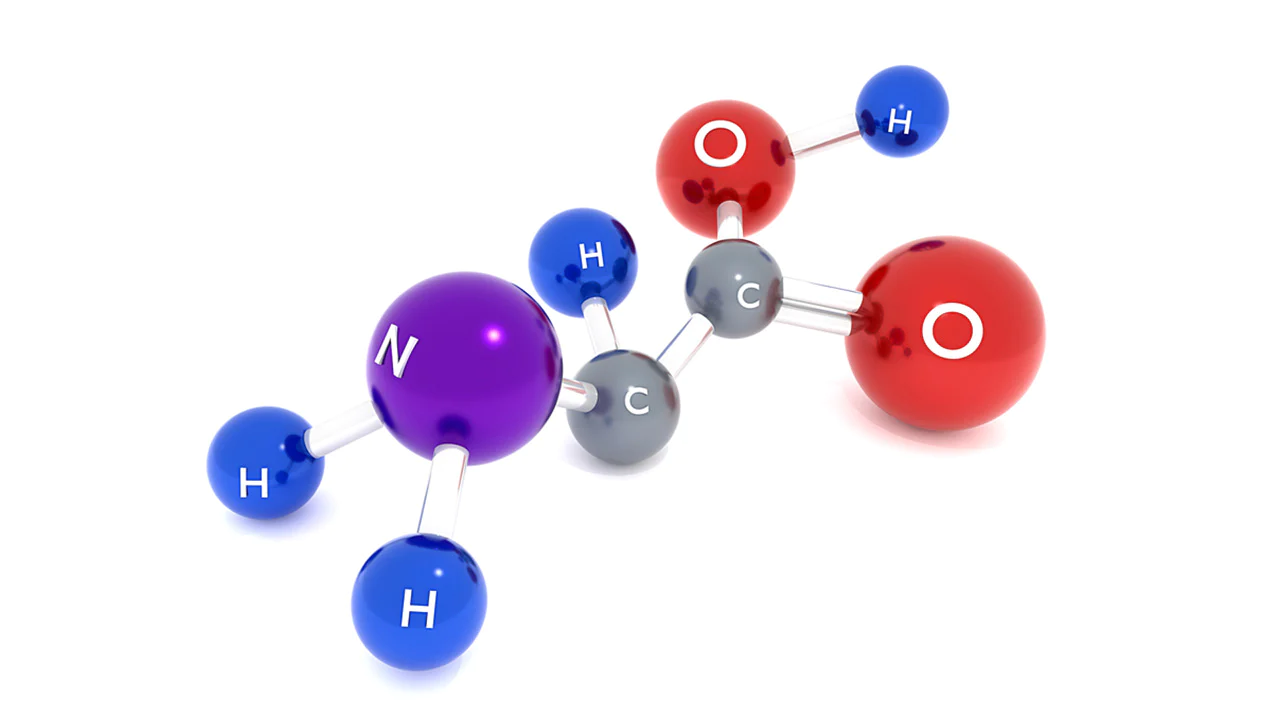Introduction Laetrile, also known as amygdalin or nitriloside, is a naturally occurring compound highly concentrated in apricot kernels and several other fruits. This substance has an ancient history dating back 3,500 years in Chinese medicine, where it was administered through bitter almonds for the treatment of tumors. In this article, we’ll journey through the historical …
Disease
The Potential Benefits of Hydrogen Peroxide in Cancer Treatment
Introduction Hydrogen peroxide (H2O2), a remarkable compound, has attracted significant attention for its potential applications in cancer treatment. With well over 4800 published medical papers supporting its utility, this unique approach has shown promise. In this article, we’ll explore how hydrogen peroxide might offer benefits in the context of cancer management and why it’s gaining …
Non-Stick and Aluminium Cookware: Are They Safe for Your Kitchen?
Introduction Non-stick and aluminium cookware have become kitchen staples, making cooking more convenient. However, their seemingly harmless nature masks certain risks. This article explores the downsides of non-stick and aluminium pots and pans, offering insights into safer alternatives for your culinary adventures. Non-Stick Cookware: Teflon Troubles While non-stick cookware is generally safe, it’s essential to …
Unlocking the Potential of Dimethyl Sulfoxide (DMSO) in Cancer Treatment
In the world of cancer research, Dimethyl Sulfoxide (DMSO) stands as a clear, colorless, and largely odorless liquid with remarkable anti-tumor qualities. This article delves into DMSO’s potential as a powerful tool against cancer, supported by over 6,000 scientific articles. While veterinarians use it freely for animal cancer treatment, DMSO’s potential benefits in human cancer …
Revolutionizing Cancer Treatment: The Controlled Amino Acid Treatment (CAAT)
Introduction Cancer has long been a formidable adversary in the world of medicine, requiring innovative solutions. One such solution is the Controlled Amino Acid Treatment (CAAT), a novel approach to cancer therapy developed by Angelo P. John after over four decades of cancer research. CAAT offers a multipronged strategy that’s been changing the landscape of …







